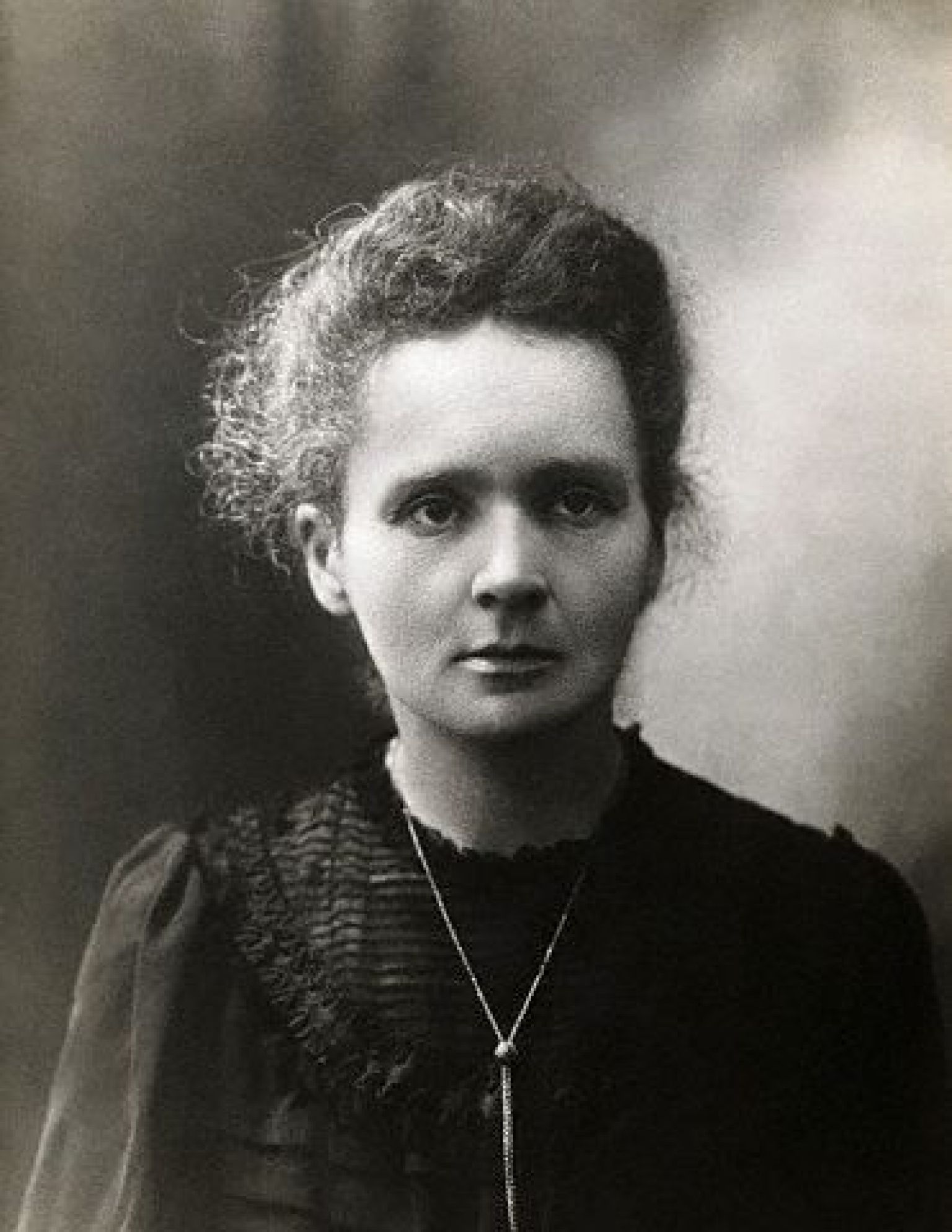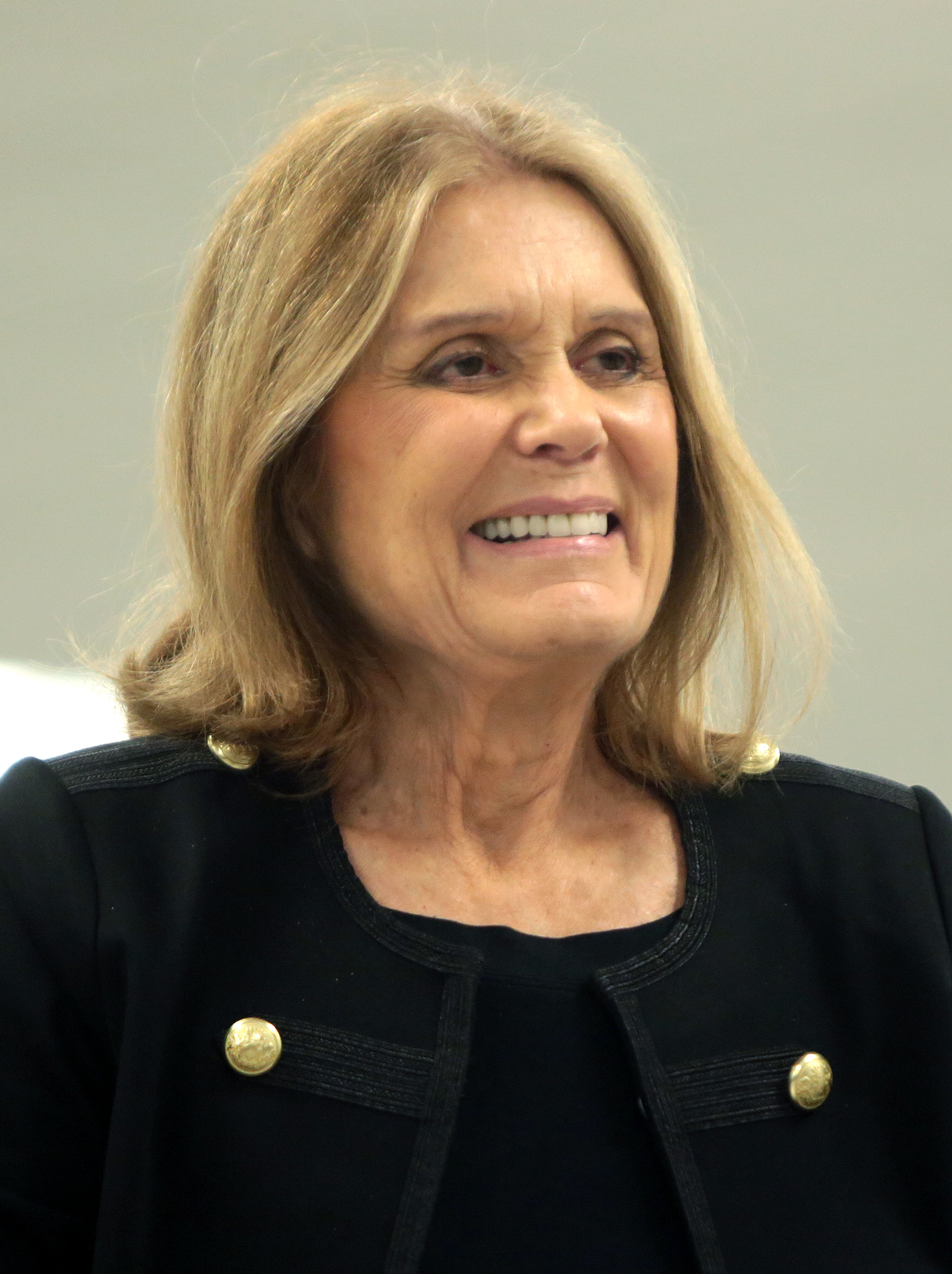- 5 Ancient Cities Discovered Where Nobody Expected - January 30, 2026
- Beach Towns With Surprisingly Rich Musical Histories - January 30, 2026
- Ancient Inventions We Still Use Every Single Day - January 30, 2026
As we mark the 50th International Women’s Day, it’s essential to honor the women who have fearlessly led the charge for equality, defied societal norms, and paved new paths. Their remarkable contributions have left an indelible mark on history, inspiring generations to come. Here, we celebrate 13 women whose groundbreaking work and vision have made a lasting impact.
Ada Lovelace: The First Computer Programmer

Ada Lovelace, the daughter of the renowned poet Lord Byron, is celebrated as the first computer programmer. In the early 19th century, she wrote detailed notes on Charles Babbage’s Analytical Engine, a pioneering mechanical computer. Among these notes was an algorithm designed to compute Bernoulli numbers, which is recognized as the first published computer program. At a time when computing was an uncharted territory, Lovelace envisioned the potential of machines to perform complex tasks beyond basic arithmetic. Her foresight and contributions laid the groundwork for modern computer science, making her a true pioneer.
Enheduanna: The World’s First Known Author

Enheduanna, a high priestess in ancient Mesopotamia, holds the distinction of being the world’s first known author. Around 2300 BCE, she composed a series of hymns that not only enriched religious thought but also elevated the role of women in literature and leadership. Her poetic and religious texts laid the foundation for literature and left a lasting impact on both ancient and modern civilizations. Although her contributions remained largely unrecognized until recent times, Enheduanna’s work has shaped our understanding of early civilization and the arts.
Rosa Parks: The Mother of the Civil Rights Movement

Rosa Parks emerged as a pivotal figure in the American Civil Rights Movement when she refused to surrender her seat to a white man on a segregated bus in Montgomery, Alabama, in 1955. Her courageous act of defiance sparked the Montgomery Bus Boycott, a significant milestone in the pursuit of racial equality. Parks’ bravery in confronting racial injustice ignited a nationwide movement for civil rights, making her a symbol of strength and resistance in the ongoing fight for equality.
Marie Curie: A Pioneer in Science

Marie Curie, the first woman to win a Nobel Prize, remains one of the most influential scientists in history. Her groundbreaking work in radioactivity led to the discovery of radium and polonium, revolutionizing the fields of physics and chemistry. Curie’s relentless pursuit of scientific knowledge not only transformed science and medicine but also shattered gender barriers in a male-dominated field. Her legacy continues to inspire women in science and shape the development of modern physics and medicine.
Frida Kahlo: Artist and Feminist Icon

Frida Kahlo, known for her vibrant art, surrealist imagery, and exploration of identity and personal pain, has become an iconic feminist figure. Despite enduring physical and emotional hardships, including a severe injury from a bus accident and a turbulent marriage, Kahlo used her art to challenge societal norms. Her work delves into themes of gender, race, and class, making her a symbol of resilience and empowerment. Today, Kahlo is remembered not just as an artist, but as a beacon of self-expression for women everywhere.
Malala Yousafzai: Advocate for Girls’ Education

Malala Yousafzai became a global advocate for girls’ education after surviving a Taliban assassination attempt at the age of 15. Her advocacy for girls’ rights, particularly in Pakistan, earned her the Nobel Peace Prize in 2014. Malala’s courage in championing education, despite the dangers she faced, has inspired a global movement for gender equality. She continues to fight for girls’ rights worldwide, proving that education is a fundamental human right.
Eleanor Roosevelt: First Lady and Humanitarian

Eleanor Roosevelt redefined the role of First Lady of the United States with her passionate advocacy for civil rights, human rights, and women’s rights. As a U.N. delegate, she played a crucial role in drafting the Universal Declaration of Human Rights, adopted by the United Nations in 1948. Roosevelt’s legacy as a tireless advocate for social justice and equality continues to influence political and humanitarian efforts globally.
Amelia Earhart: The First Woman to Fly Solo Across the Atlantic

Amelia Earhart’s pioneering achievements in aviation shattered gender stereotypes in the early 20th century. In 1932, she became the first woman to fly solo nonstop across the Atlantic Ocean. Earhart’s courage and determination in facing daunting challenges opened the door for women in aviation, becoming a symbol of adventure and independence. Although she disappeared in 1937, her legacy as a trailblazer in aviation endures.
Indira Gandhi: India’s First Female Prime Minister

Indira Gandhi, India’s first female Prime Minister, led the nation through significant social, political, and economic change. Her leadership during the 1971 war for Bangladesh’s independence and the implementation of the Green Revolution transformed Indian agriculture. Gandhi’s leadership, marked by triumph and controversy, remains a defining moment in Indian politics and women’s role in global governance.
Nona Gaprindashvili: Chess Champion Who Defied Gender Norms

Nona Gaprindashvili, a Georgian chess grandmaster, was the first woman awarded the title of International Grandmaster in 1978. Her success in a male-dominated field was groundbreaking, proving that women could excel in intellectual sports at the highest levels. Gaprindashvili’s trailblazing career continues to inspire women in chess and beyond, challenging gender norms and expectations.
Simone de Beauvoir: Pioneer of Feminist Philosophy

Simone de Beauvoir, a French philosopher, writer, and feminist, is best known for her seminal work, “The Second Sex.” In this groundbreaking book, she argued that women have been historically defined in relation to men and called for their liberation. Her work laid the foundation for feminist theory and remains a key text in the study of gender and social inequality. De Beauvoir’s influence extends beyond academia, impacting political and social movements worldwide.
Maya Angelou: Poet and Advocate for Racial Equality

Maya Angelou’s work as a poet, memoirist, and civil rights activist made her one of the most influential voices of the 20th century. Her renowned work, “I Know Why the Caged Bird Sings,” explores themes of identity, race, and resilience. Angelou’s powerful words continue to inspire generations in their quest for equality and justice, making her a beacon of hope and empowerment.
Gloria Steinem: Champion of Women’s Rights and Feminism

Gloria Steinem stands as a leading figure in the feminist movement. As a journalist and activist, she co-founded Ms. Magazine and fought for women’s reproductive rights, workplace equality, and an end to gender-based violence. Steinem’s tireless efforts have made her an icon of women’s rights, and her advocacy continues to impact the global feminist movement today.

Christian Wiedeck, all the way from Germany, loves music festivals, especially in the USA. His articles bring the excitement of these events to readers worldwide.
For any feedback please reach out to info@festivalinside.com


